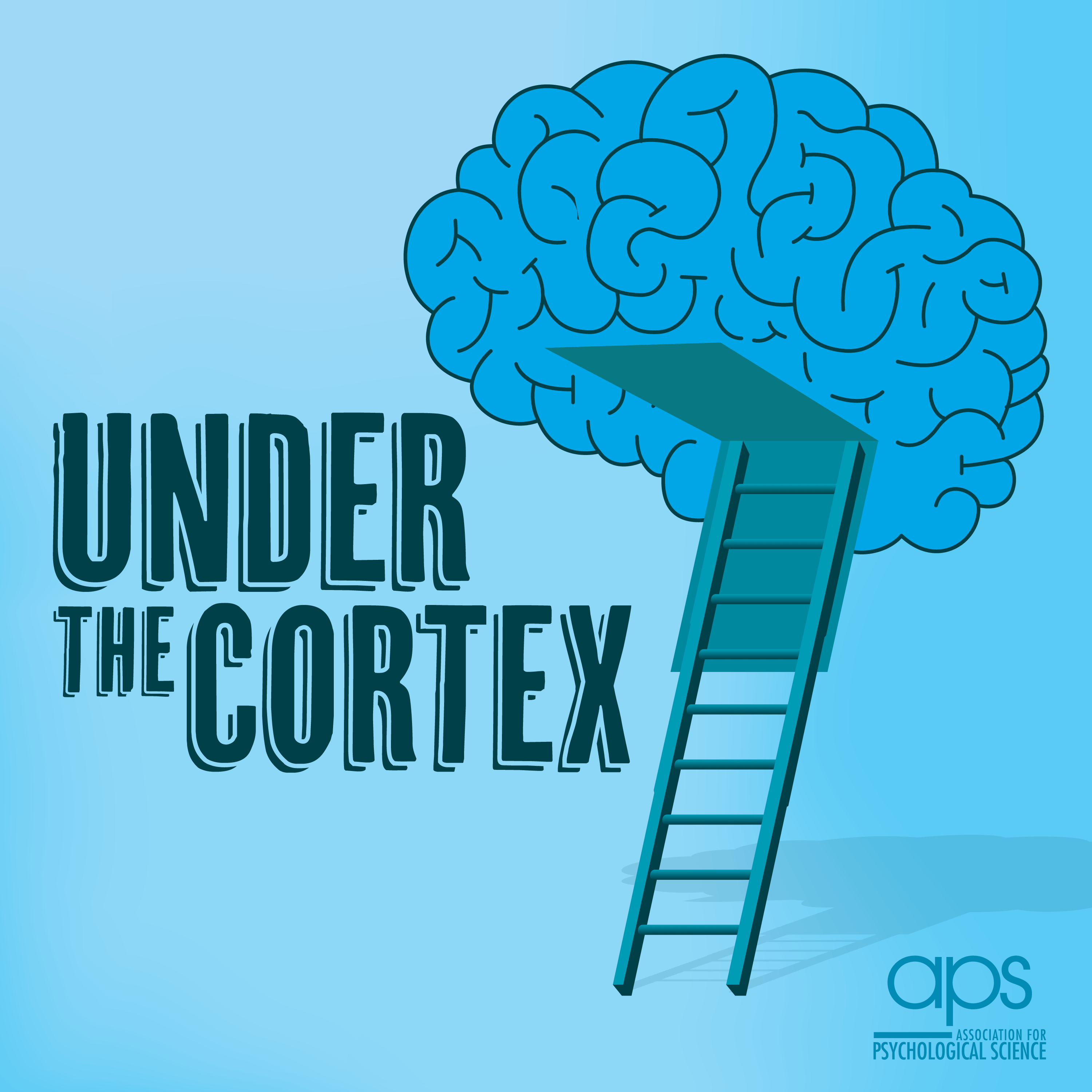Understanding Childhood Adversity Across Time and Cultures
Description
Scientists usually expect childhood to be nurturing, safe, and characterized by high levels of caregiver investment. However, evidence from history, anthropology, and primatology can challenge this view. Throughout human evolution, children have faced threats and deprivation, at varied levels across space and time. And these varied levels of exposure to adversity—which over time were higher than is typical in industrialized societies—likely favored a high degree of phenotypic plasticity, or the ability to tailor development to different conditions.
Willem Frankenhuis, an evolutionary and developmental psychologist at Utrecht University, and Dorsa Amir, a developmental scientist at the University of California, Berkeley, have published research synthesizing evidence from history, anthropology, and primatology relevant to estimating childhood adversity across human evolution. These cross-cultural investigations have focused on three forms of threat (infanticide, violent conflict, and predation) and three forms of deprivation (social, cognitive, and nutritional). Willem and Dorsa discuss their findings, along with some implications, in this conversation with APS’s Ludmila Nunes. They have also published on this topic, and Willem also recently presented some of their findings at the 2023 APS Annual Convention in Washington D.C.
“What are the types of conditions that our ancestors experienced?” Dorsa asks. “And what does that perspective offer to us today in trying to better understand adversity?”
More Episodes
How does the brain’s memory function change as we grow older? What recent discoveries are helping us understand these changes better?
In this episode of Under the Cortex, Özge Gürcanlı Fischer Baum welcomes Karen Campbell of Brock University to discuss how aging impacts memory. Campbell shares...
Published 11/14/24
Can environmentally friendly actions boost personal well-being? Tune in to discover how a sustainable lifestyle offers profound benefits.
In this episode, APS's Özge Gürcanlı Fischer Baum speaks with Michael Prinzing from Baylor University. Prinzing shares findings from a recent research article...
Published 10/31/24
Published 10/31/24


